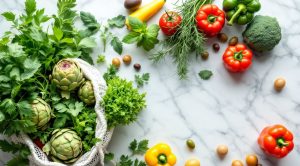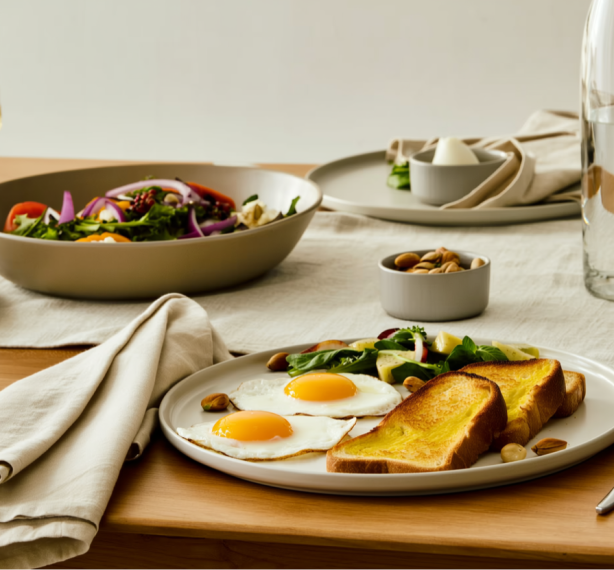
Adopting a vegetarian lifestyle isn’t just a trend — it’s a conscious choice rooted in health, sustainability, and longevity. With the right foods, a plant-based diet can provide powerful support for your body and mind at any age.
In fact, long-term studies — including one from Oxford University tracking over 11,000 participants — show that vegetarians often have a lower risk of chronic diseases, including heart disease and cancer. However, cutting out animal products means you need to be strategic about getting essential nutrients.
Here are three of the most important superfoods for vegetarians to include in your routine.
Soy: A Complete Plant Protein with Extra Benefits
Soy is one of the best sources of plant-based protein, containing:
- 35–40% protein
- 20% healthy fats
- 10% fiber
- Powerful compounds like isoflavones, saponins, and protease inhibitors
These nutrients work together to support heart health, balance hormones, and reduce inflammation. Research suggests that soy may help prevent conditions such as type 2 diabetes, cardiovascular disease, and certain cancers.
Best forms of soy: Choose fermented products like tofu, tempeh, miso, and natto for better digestion and higher nutrient absorption.
Seaweed: Iodine-Rich and Omega-3 Friendly
Often overlooked, seaweed is one of the most nutrient-dense plant foods available. It provides:
- Essential amino acids
- Vitamins A, B-complex, C, D, E, and K
- Minerals like iodine, iron, calcium, zinc, selenium, and magnesium
- Antioxidants and omega-3 fatty acids
Why it matters: Vegetarians are often at risk for iodine and DHA (omega-3) deficiencies. Just 50g of seaweed daily can help support thyroid function and overall metabolic health.
Some types, especially brown seaweeds like kelp and kombu, are also sources of EPA and DHA, which are vital for brain and heart function.
Tip: Mix different types (green, red, and brown) to get a broader spectrum of nutrients.
Hummus: A Plant-Based Power Snack
This traditional Middle Eastern dip isn’t just tasty — it’s also highly functional.
Made from chickpeas, tahini (sesame paste), olive oil, garlic, and lemon, hummus offers:
- Complete plant-based protein
- Iron, fiber, and healthy fats
- Natural antioxidants and polyphenols
Even a few tablespoons a day can help improve blood lipid profiles, support blood sugar regulation, and provide long-lasting energy.
Why These Superfoods Matter
When following a vegetarian diet, it’s important to focus on nutrient-dense whole foods that support your unique needs. These superfoods help address common gaps — like protein, omega-3s, iodine, and iron — without compromising taste or variety.
By including soy, seaweed, and hummus in your weekly meals, you’re giving your body the tools it needs to stay strong, energized, and resilient.
Need Help with Your Plant-Based Diet?
If you’re transitioning to a vegetarian or vegan lifestyle, consider speaking with a nutritionist or healthcare provider. Regular checkups and blood tests can help you stay on track — and supplements can support you where needed.
Want more plant-based tips? Explore our blog or subscribe to our newsletter for science-backed guides, recipes, and wellness inspiration.



